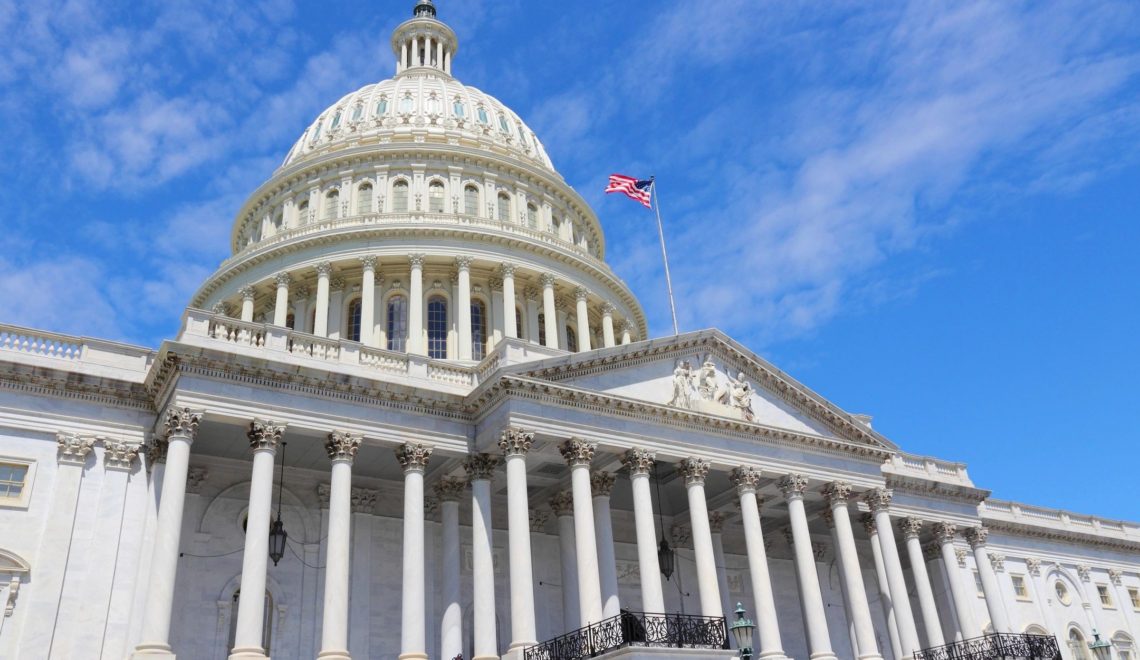The coal industry continues to tumble in the U.S. as electric power plants turn increasingly to natural gas and renewable energy as their fuels of choice. And that decline might only worsen for coal mining and the communities that rely on it if Washington someday adopts strong policies to reduce carbon emissions associated with climate change.
In this edition of Columbia Energy Exchange, I pay a visit to Adele Morris, a senior fellow and policy director for climate and energy economics at Brookings Institution. Adele and Noah Kaufman, a research scholar at the Center on Global Energy Policy, and Siddhi Doshi, a senior research assistant at Brookings, have written a new paper from the center that looks at the danger of fiscal collapse in coal-reliant communities.
What they tell us is that while climate risks to corporations have received scrutiny in recent years, local governments, including coal-reliant counties, have yet to grapple with the implications of climate policies for their financial health.
Adele and I talk about some of the communities hard hit by shutdowns of coal-mining operations, the implications for tax revenues and bonds that support schools, roads, hospitals and other critical programs, and the difficulty of tracking that information for research like this report.
We also examine the implications for policymakers as they search for options to address climate change while also focusing on the needs of communities impacted by those policies.
Adele joined Brookings in 2008 from the Joint Economic Committee of the U.S. Congress, where she advised lawmakers and staff on economic, energy and environmental policy. Before that, she was the lead natural resource economist for the U.S. Treasury Department for nine years and also did stints earlier at the President’s Council on Economic Advisers and the U.S. Office of Management and Budget.








